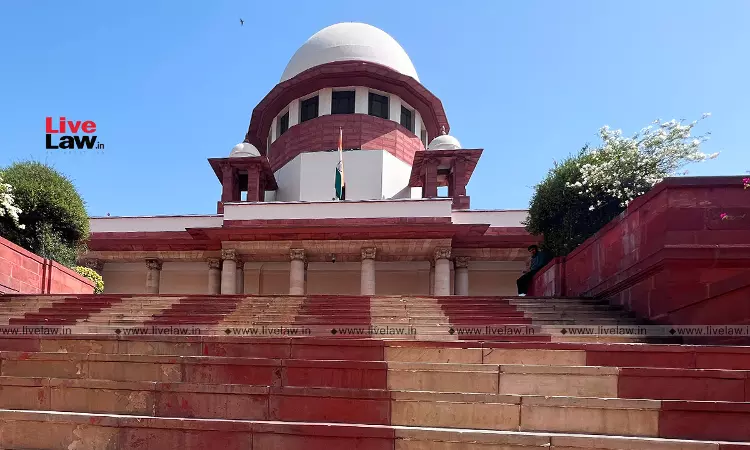Magistrate Can Take Cognizance Of Protest Petition After Rejecting Police Final Report : Supreme Court
Ashok KM
1 Sept 2023 9:08 AM IST

Next Story
1 Sept 2023 9:08 AM IST
The Supreme Court observed that on the receipt of final report, Magistrate can exercise his discretion to treat protest petition as a complaint case.The bench of Justices Bela M Trivedi and Dipankar Datta noted that on the receipt of the police report under Section 173 Cr.P.C., the Magistrate can exercise three options. Firstly, he may decide that there is no sufficient ground for...
